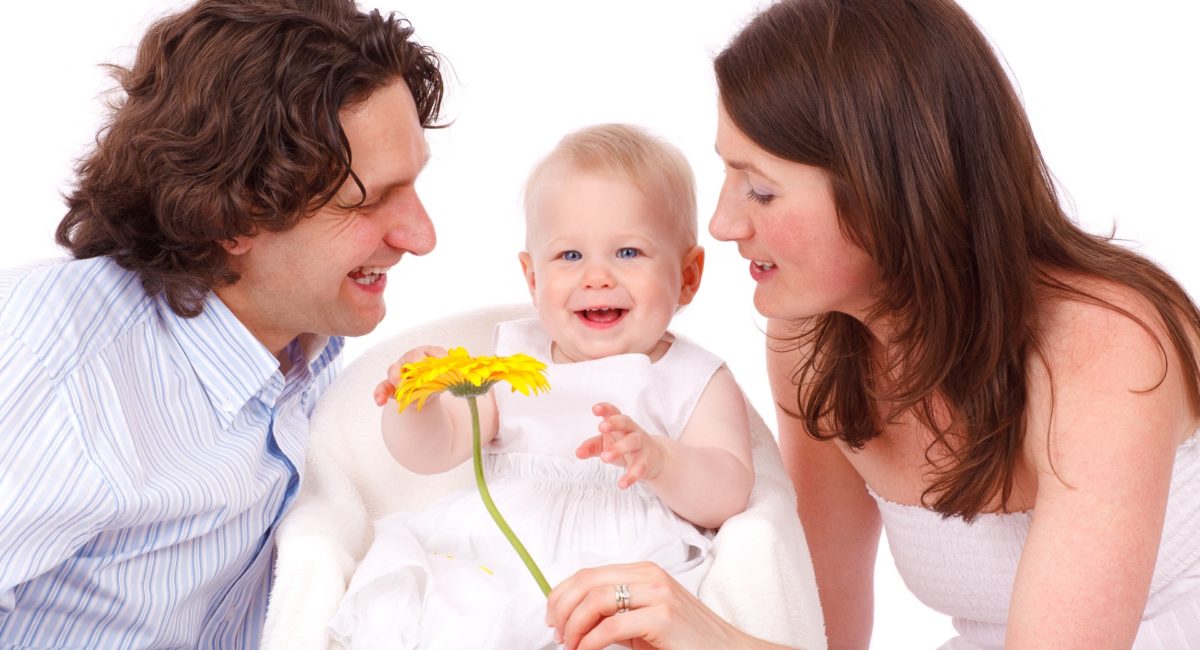In the context of human society, a family (from Latin: familia) is a group of people affiliated either by consanguinity (by recognized birth), affinity (by marriage or other relationship), or co-residence (as implied by the etymology of the English word “family”[1]) or some combination of these. Members of the immediate family may include spouses, parents, brothers, sisters, sons, and daughters. Members of the extended family may include grandparents, aunts, uncles, cousins, nephews, nieces, and siblings-in-law. Sometimes these are also considered members of the immediate family, depending on an individual’s specific relationship with them.
In most societies, the family is the principal institution for the socialization of children. As the basic unit for raising children, anthropologists generally classify most family organizations as matrifocal (a mother and her children); conjugal (a wife, her husband, and children, also called the nuclear family); avuncular (for example, a grandparent, a brother, his sister, and her children); or extended (parents and children co-reside with other members of one parent’s family). Sexual relations among the members are regulated by rules concerning incest such as the incest taboo.
The word “family” can be used metaphorically to create more inclusive categories such as community, nationhood, global village, and humanism.
The field of genealogy aims to trace family lineages through history.
“ “Times have changed; it is more acceptable and encouraged for mothers to work and fathers to spend more time at home with the children. ”
Diverse data from ethnography, history, law, and social statistics, reveal the human family as a social institution and not as a biological fact founded on the relationship of consanguinity. The different types of families occur in a wide variety of settings, and their specific functions and meanings depend largely on their relationship to other social institutions. Although early western cultural anthropologists and sociologists considered family and kinship to be universally associated with relations by “blood” (based on ideas common in their own cultures) later research[3] has shown that many societies instead understand family through ideas of living together, the sharing of food (e.g. milk kinship) and sharing care and nurture. Sociologists have a special interest in the function and status of family forms in stratified (especially capitalist) societies.[citation needed]
According to the work of scholars Max Weber, Alan Macfarlane, Steven Ozment, Jack Goody and Peter Laslett, the huge transformation that led to modern marriage in Western democracies was “fueled by the religio-cultural value system provided by elements of Judaism, early Christianity, Roman Catholic canon law and the Protestant Reformation”.
Much sociological, historical and anthropological research dedicates itself to the understanding of this variation, and of changes in the family that form over time.

